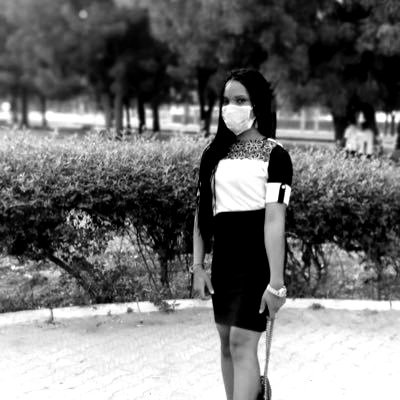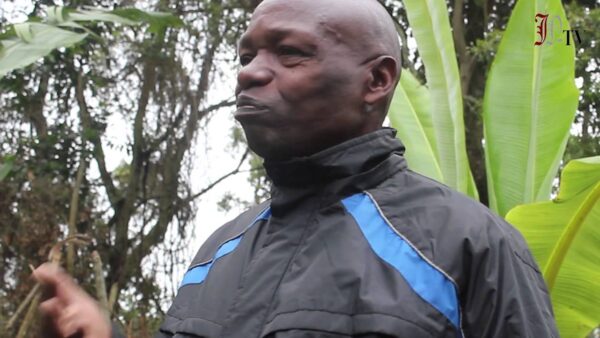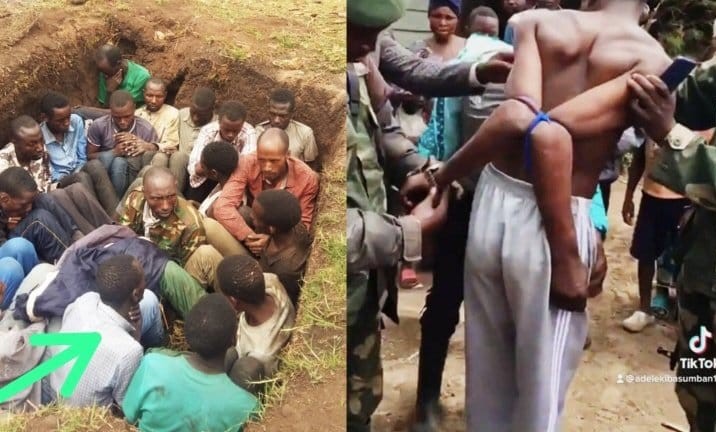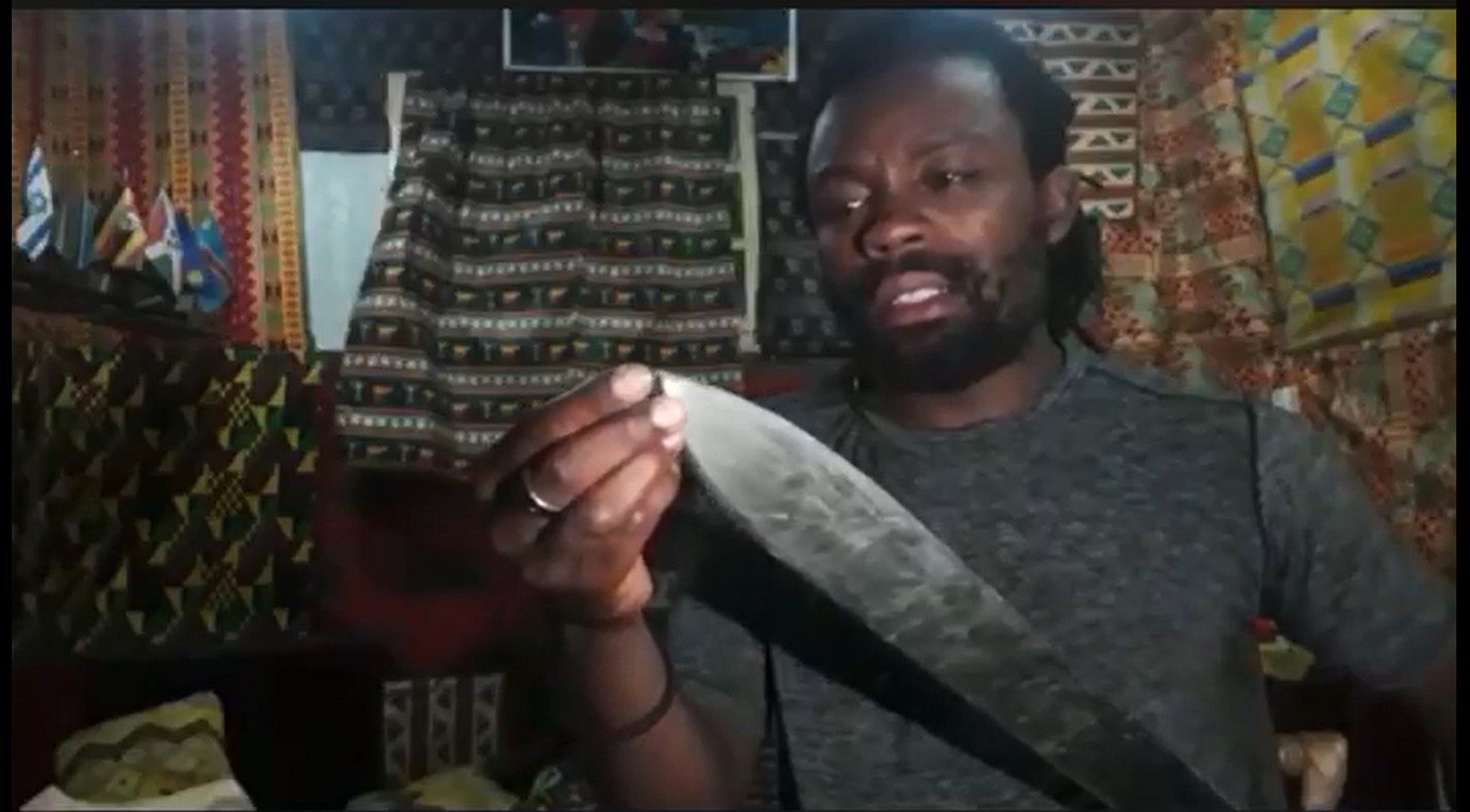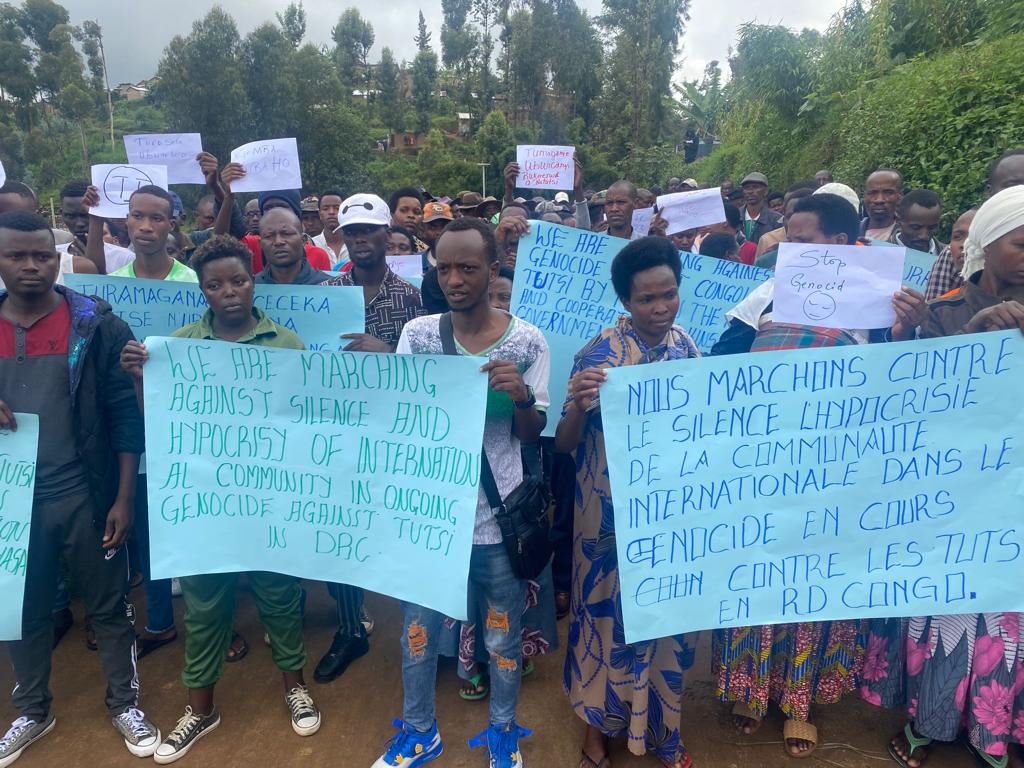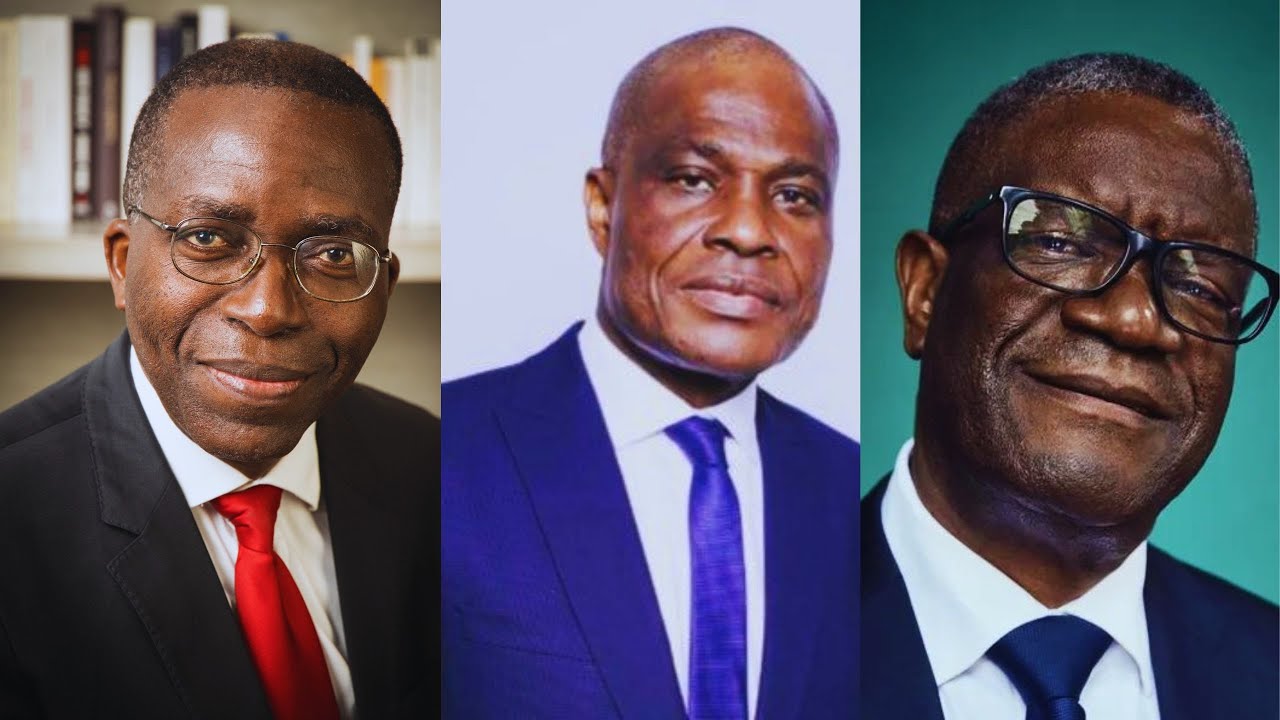Regional
Releasing genocidaires is becoming a habit for France
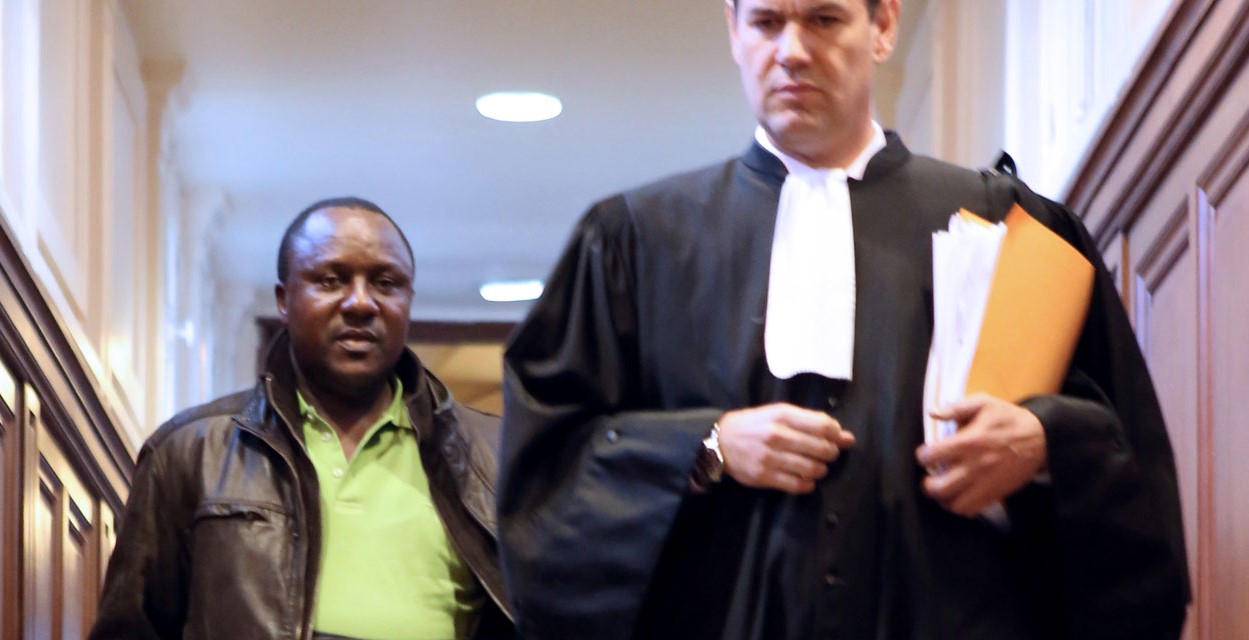
More
than a year after his conviction, France-based genocide convict Claude
Muhayimana has been released from jail and placed under judicial supervision
and will only be back in court to appeal.
After
a month-long trial, in December 2021, Muhayimana was found guilty of complicity
in genocide and crimes against humanity in the
1994 Genocide against the Tutsi. He handed a 14-year jail term by
France’s Cour d’Assises.
Between
April and June 1994, Muhayimana, 69, was employed by the state-owned Kibuye
Guest House. He used his job as a hotel driver to transport gendarmes and
Interahamwe militiamen to the sites of massacres of the Tutsi who had taken
refuge in the mountainous region surrounding Lake Kivu, in Kibuye, now Karongi
District, Western Province, where tens of thousands of people were killed.
Today,
though tried, found guilty, and sentenced for his crimes, he is roaming free in
the streets of Paris.
In
France, releasing a genocidaire is becoming a routine. Muhayimana’s
release is similar to that of Genocide-convict Laurent Bucyibaruta, who was
given a 20-year jail sentence for his role in the 1994 Genocide against the
Tutsi on July 12, 2022, only to be released three months later.
Prior
to his trial, Bucyibaruta,79, had lived in France for over two decades. He fled
to France in 1997 but was eventually arrested, tried and found guilty of Genocide
and complicity in crimes against humanity in the 1994 Genocide against the
Tutsi, by the Cour d’Assises de Paris.
From
1992 to 1994, Bucyibaruta was the prefet of his home prefecture, Gikongoro,
currently Nyamagabe district in Southern Province of Rwanda. He was a senior
official in the MRND genocidal party and head of the prefectural committee of
the Interahamwe militia, a youth organization that executed the Tutsi.
On
April 10, 1994, Bucyibaruta encouraged many Tutsi to go to the Murambi
Technical School for safety. Over 50,000 Tutsi who gathered at the school, were
killed by gendarmes and armed Interahamwe.
His
atrocities earned him the nickname ‘Butcher of Gikongoro’.
Bucyibaruta was as well accused of
masterminding the massacres of the Tutsi in Murambi, Cyanika, Kaduha and
Kibeho.
Like
Muhayimana, Bucyibaruta is equally free, after a French court granted him
provisional release, on medical grounds while his appeal trial is pending as
well.
Close
to three decades after the Genocide against the Tutsi in Rwanda, France has
refused to extradite any suspects to face charges in Rwanda. Instead, it has decided
to pursue cases under universal jurisdiction, yet not more than five individuals
have been sentenced for Genocide crimes.
To
date, France still harbors Rwandan Genocide fugitives such as Dr Sosthène
Munyemana, Dr Eugène Rwamucyo, Col Laurent Serubuga, Agathe Kanziga
Habyarimana, Cyprien Kayumba, Fabien Neretse, alias Fabien Nsabimana, Callixte
Mbarushimana, Stanislas Mbonampeka, Marcel Bivugabagabo, Isaac Kamali,
Wenceslas Munyeshyaka, Pierre Tegera, Octavian Ngenzi, Tito Barahira, Joseph
Jabyarimana, Paul Camy (Kanyamihigo), Manasseh Bigwenzare, Venuste Nyombayire,
Hyacinthe Rafiki Nsengiyumva, Enoch Kayondo, Claude Muhayimana, Felicien
Baligira, Philippe Manier Hatagekimana and Michel Bakuzakundi.
Rwanda
has issued 42 international arrest warrants for alleged perpetrators of the
1994 Genocide living in France. The UN Human Rights Council asked France, at
its 29th session that took place in January 2018, to either try all genocidaires on its territory, or extradite them to Rwanda.
For Genocide survivors, the refusal to extradite or try the Genocide suspects
living in France is a disappointment, but releasing two of the tried
genocidaires is taking a stab at an already delayed justice.
The
French government should keep in mind that such incidences trivialize the 1994 Genocide
and encourage Genocide deniers, and their evil agenda towards Rwandans whose
hearts are still bleeding.


